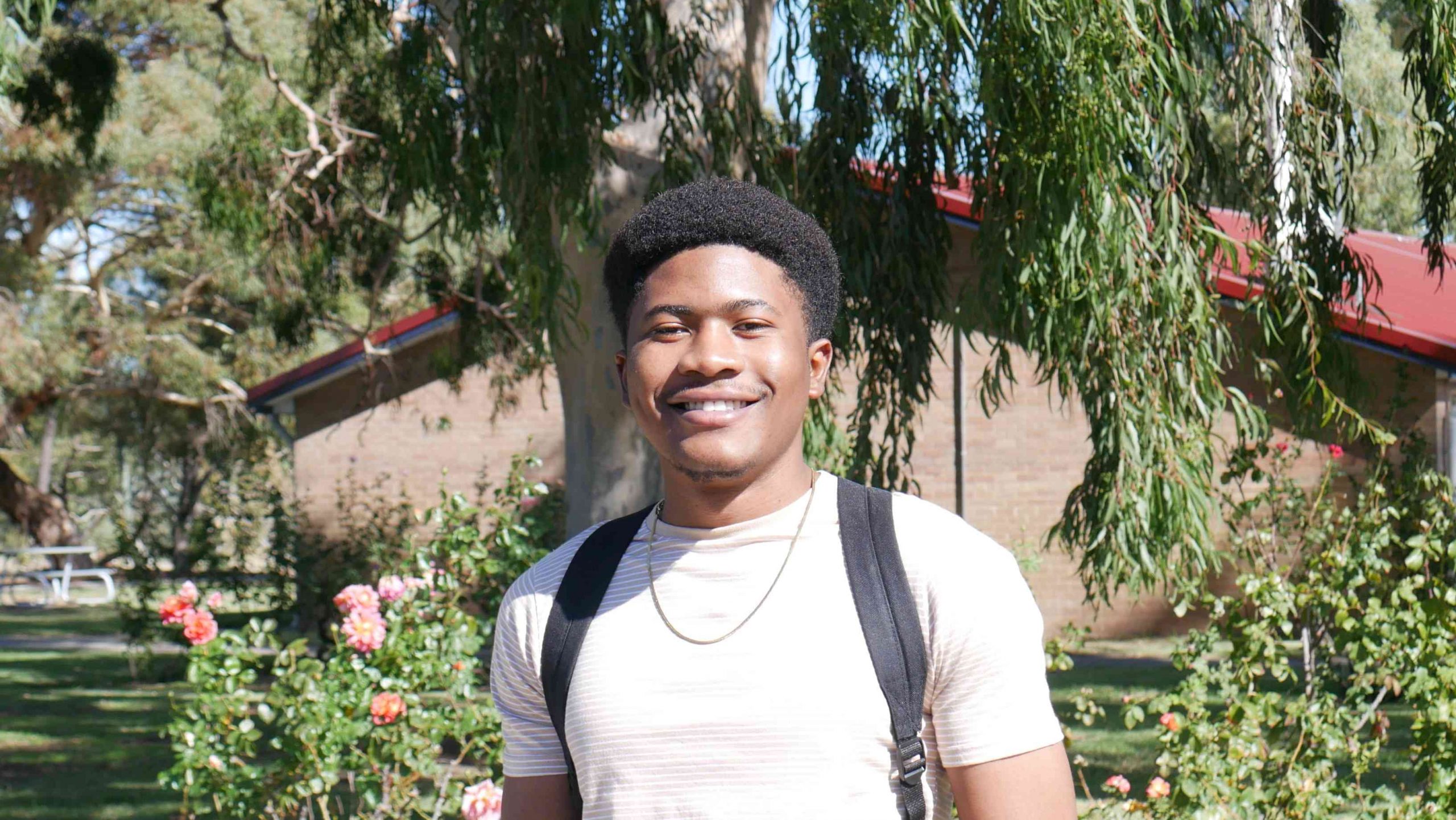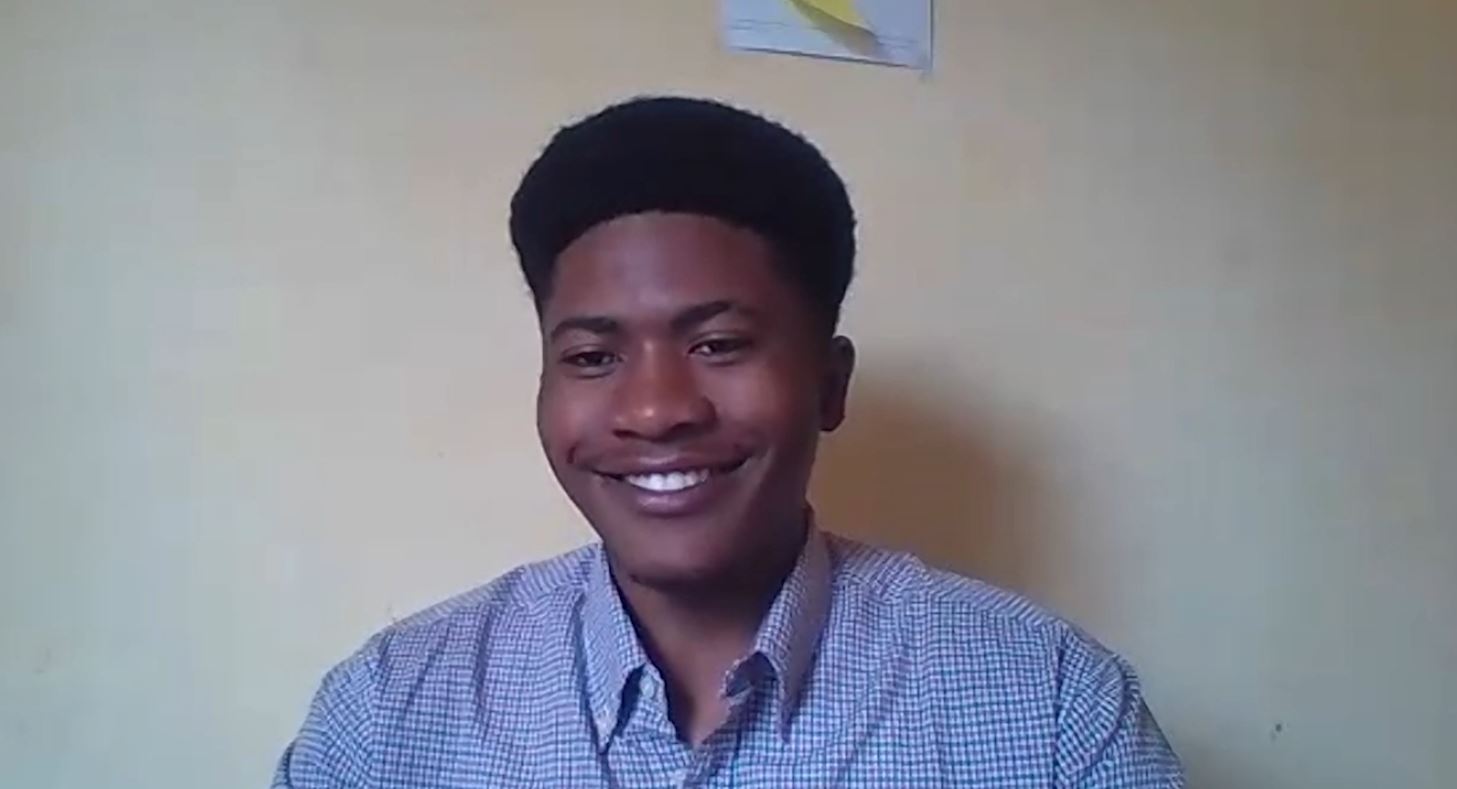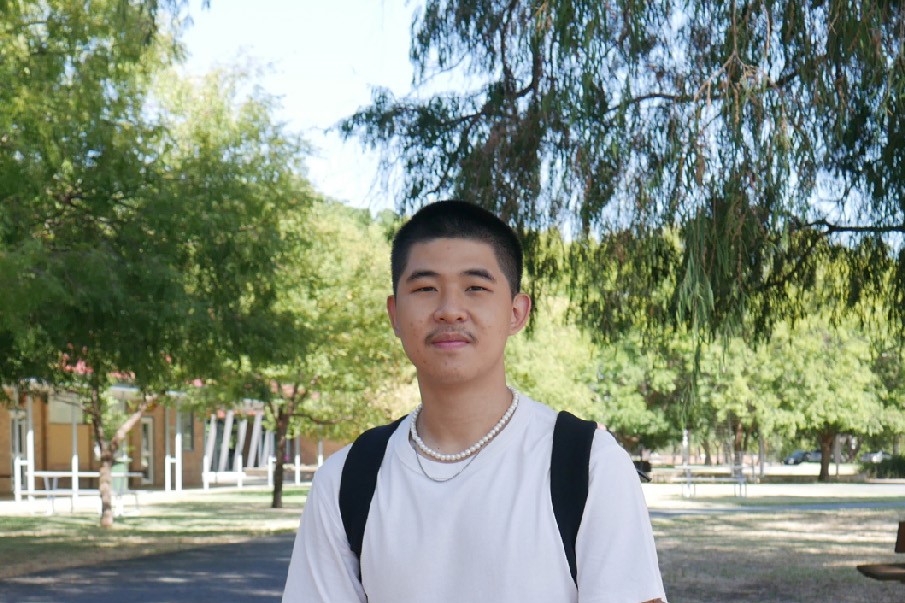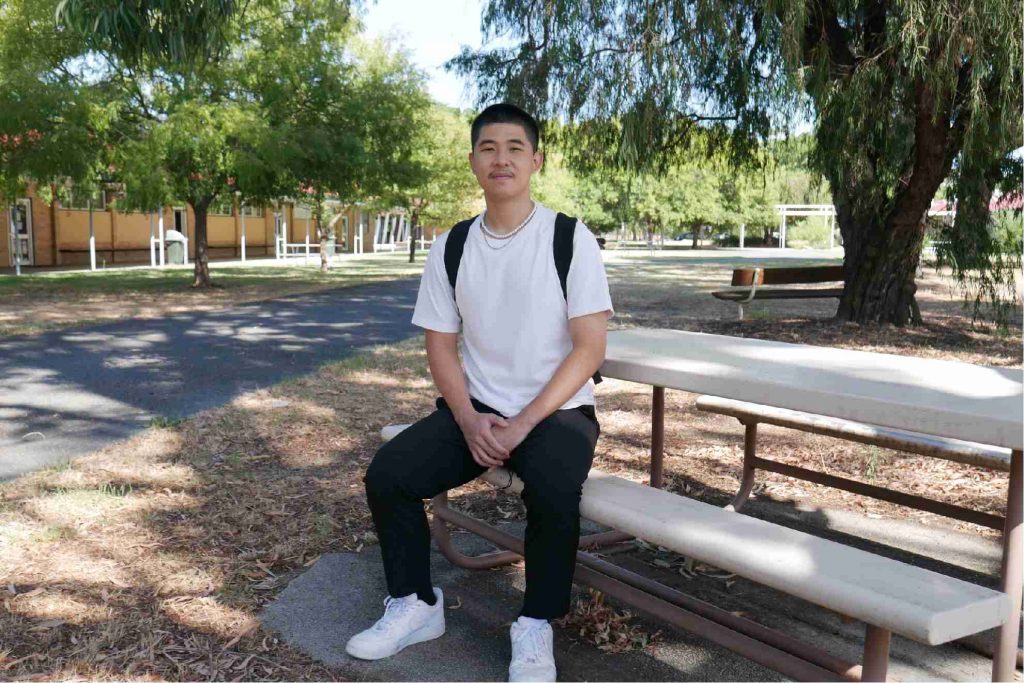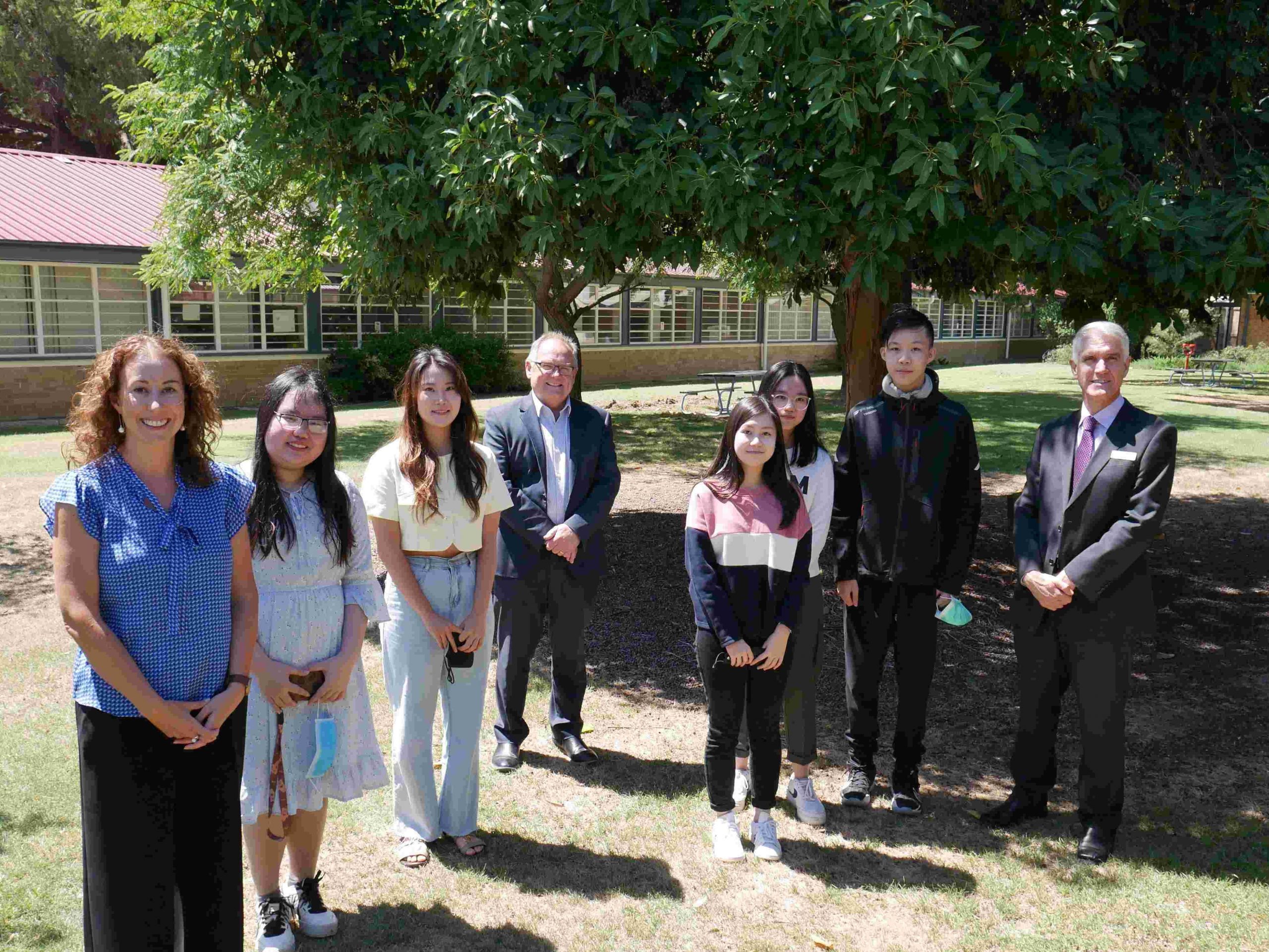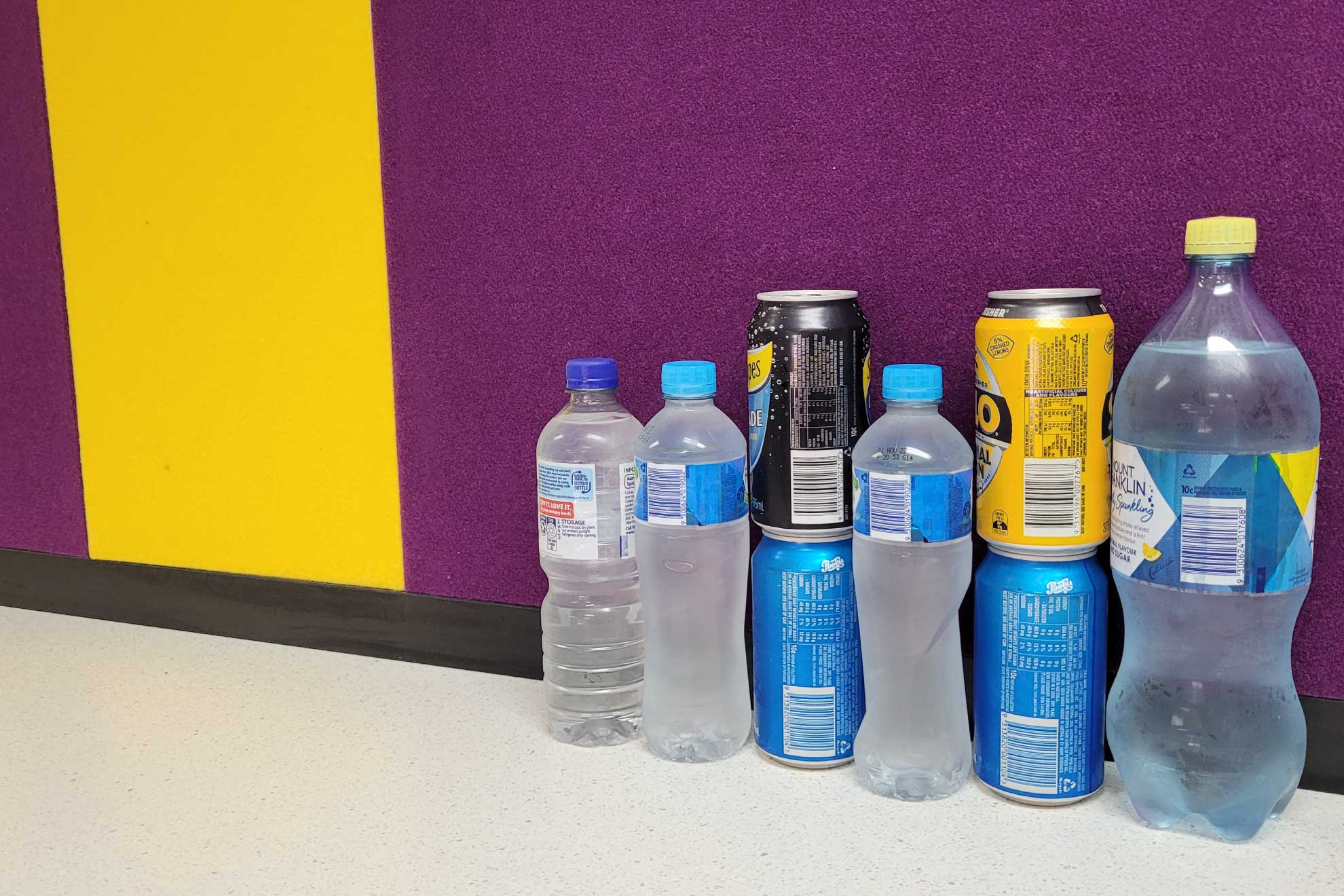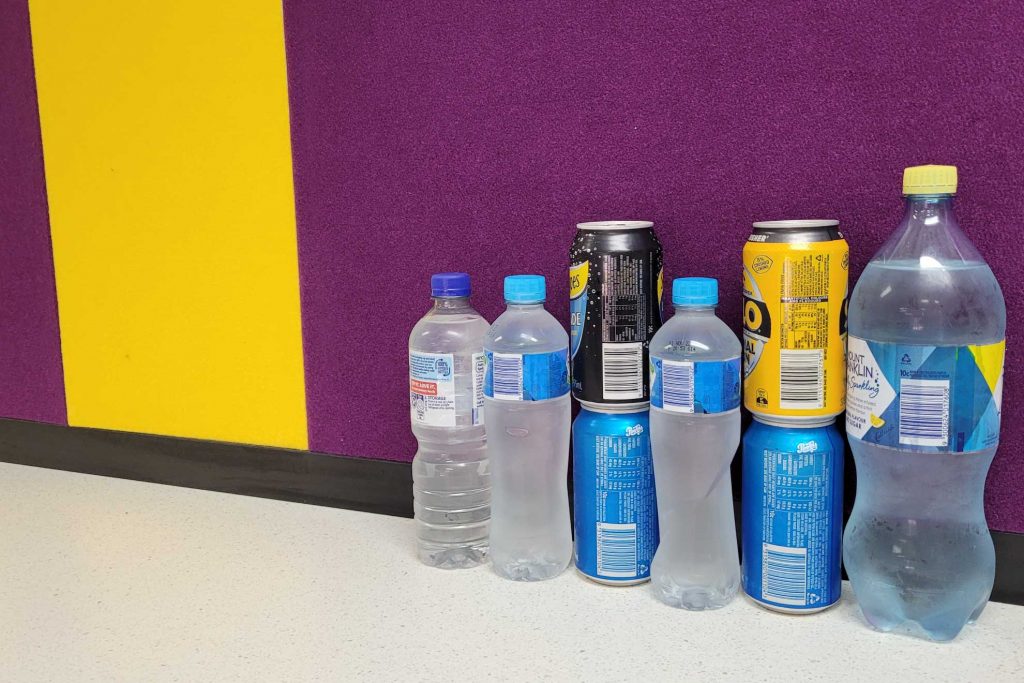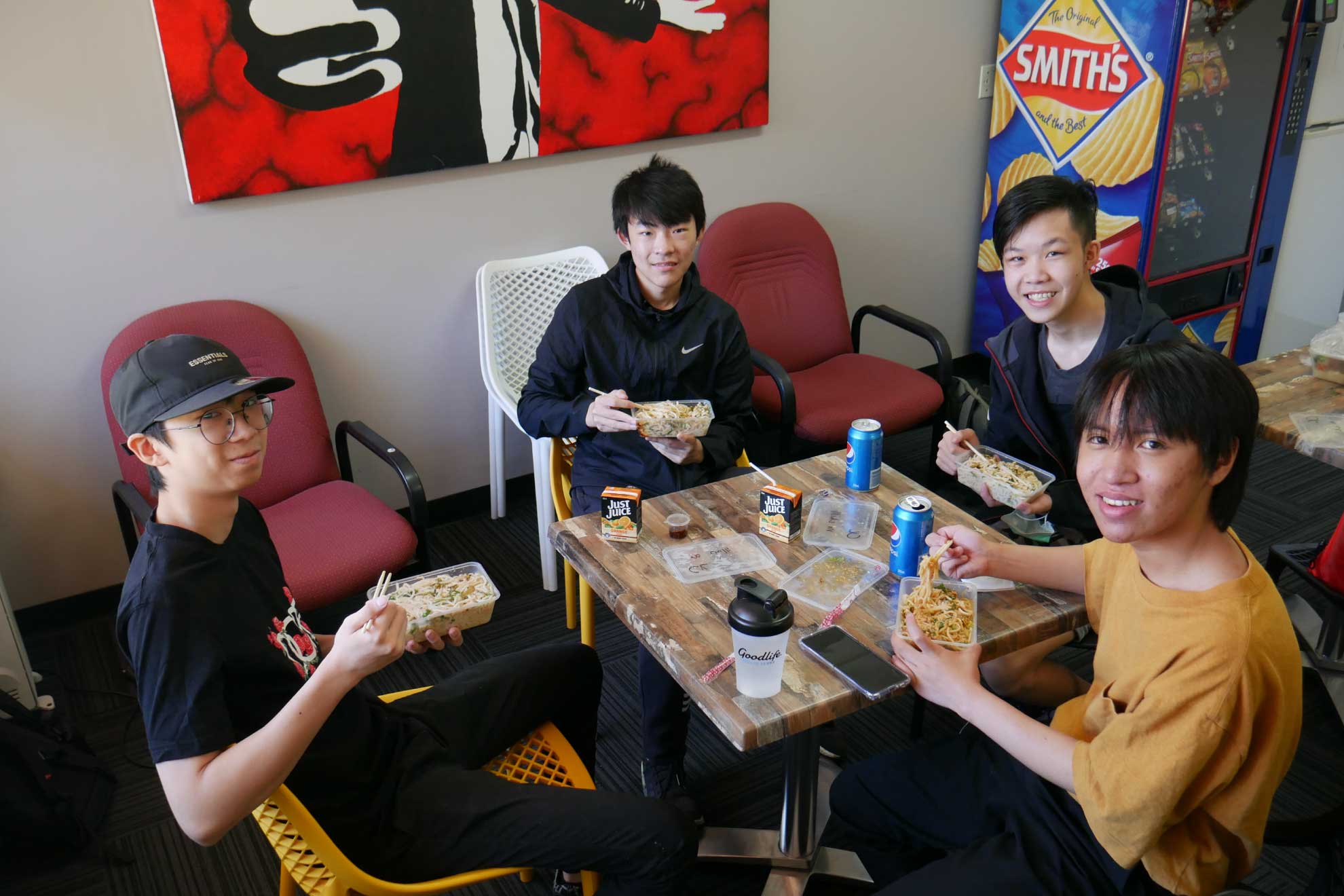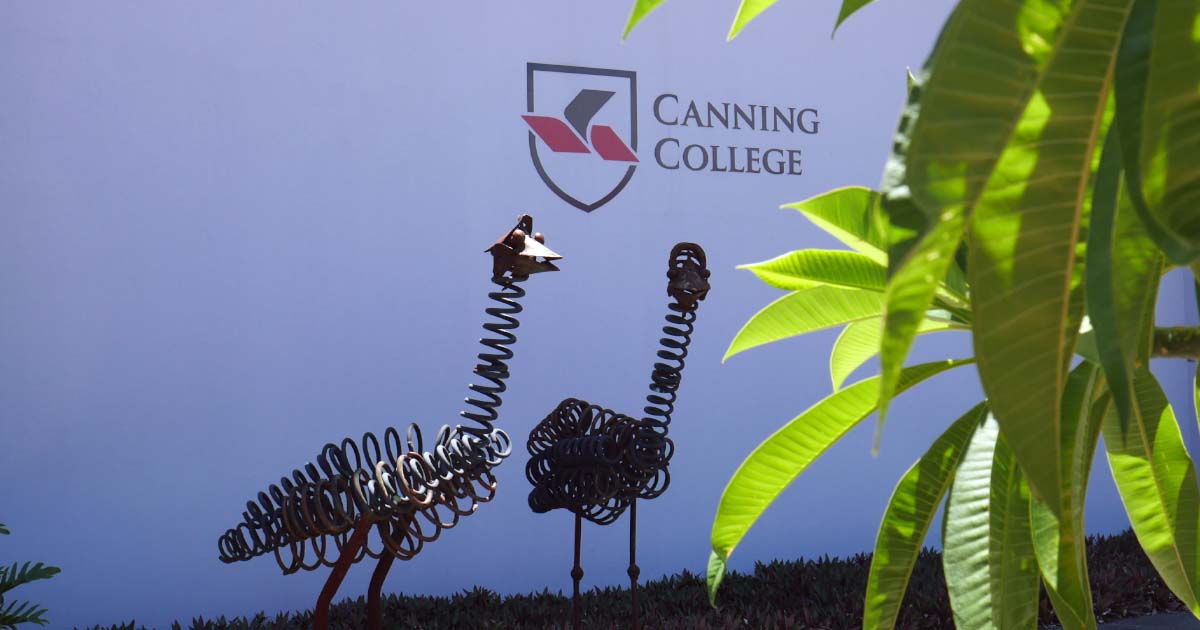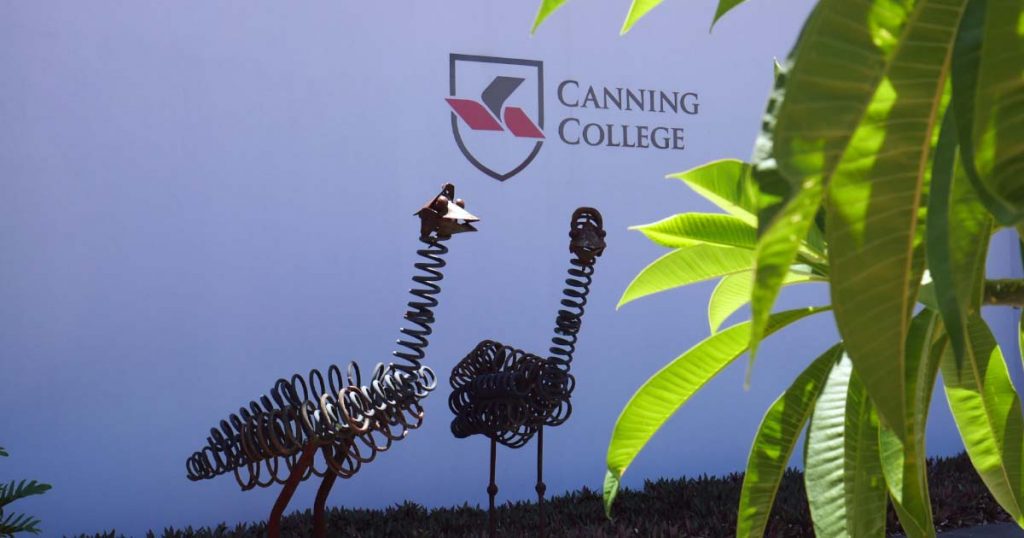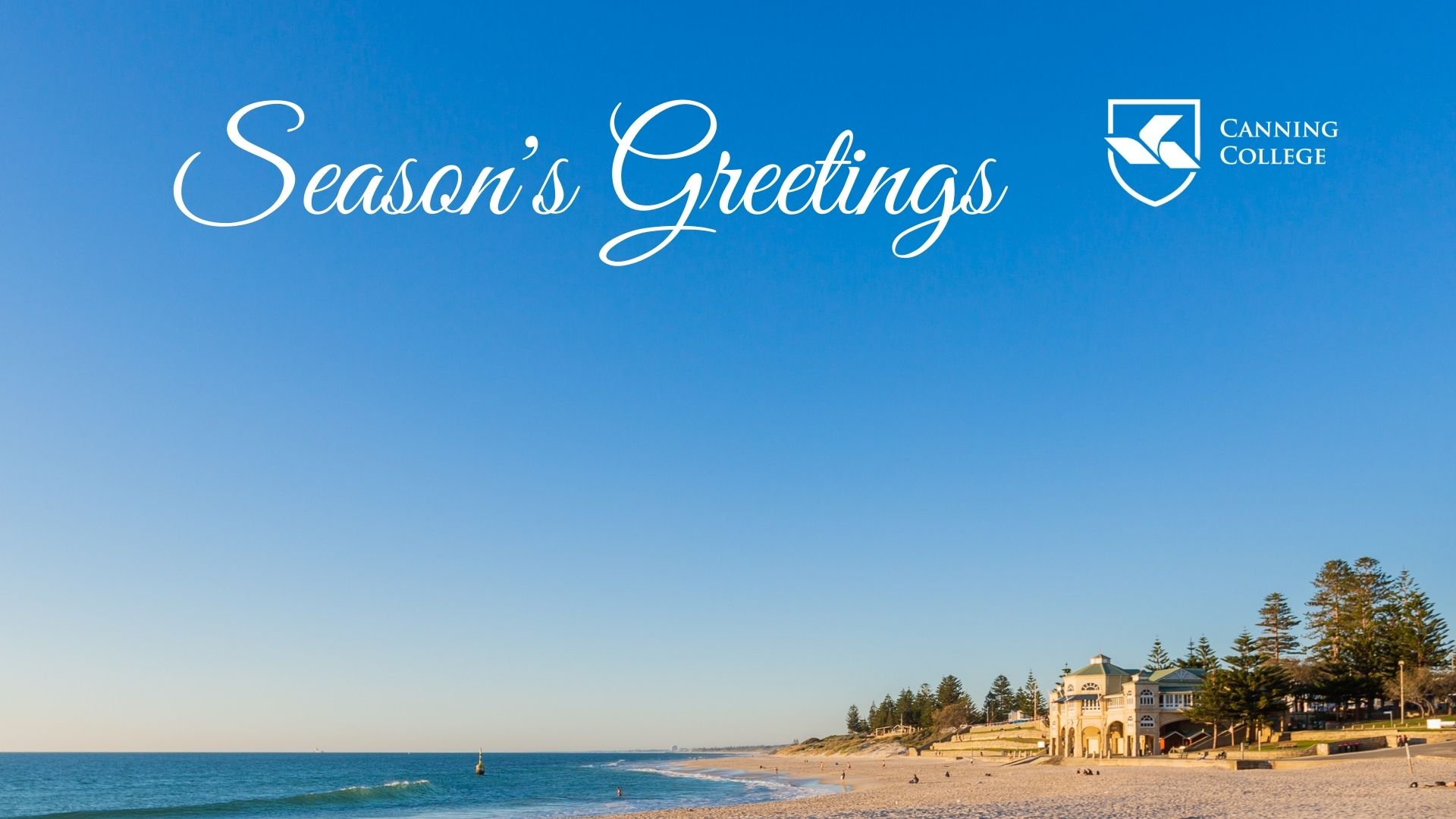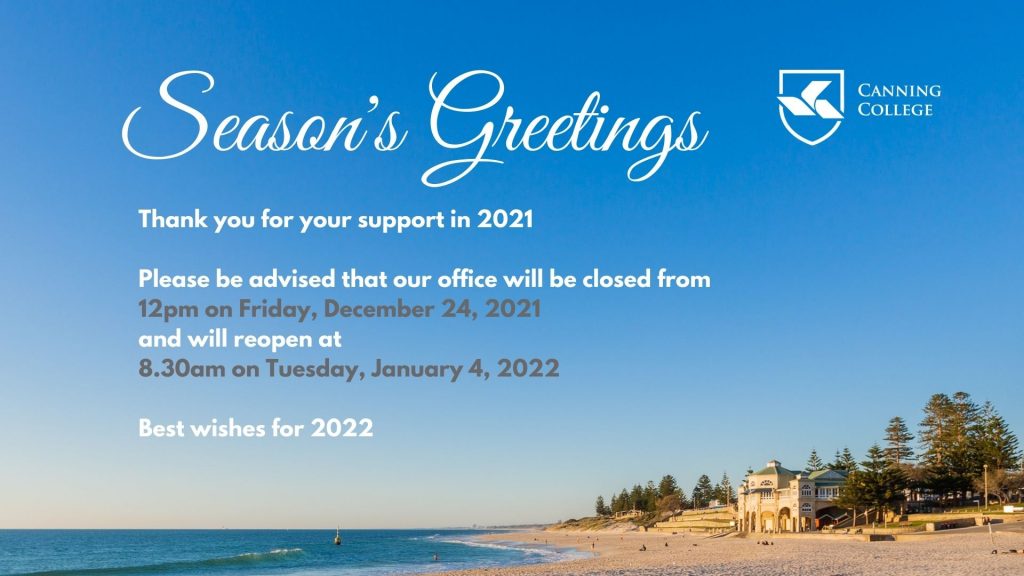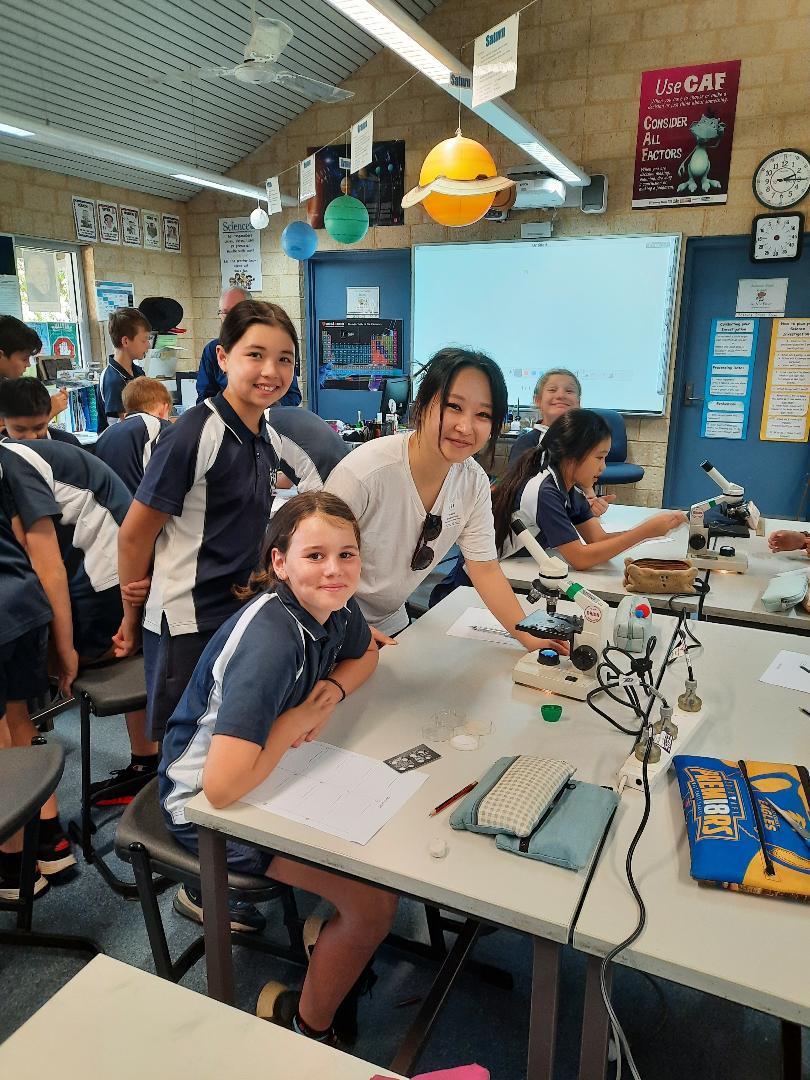Canning College is a leader in preparing international students for degree program studies at universities in Australia. The Western Australian Universities’ Foundation Program (WAUFP) is the cornerstone of Canning’s university preparation programs.
What is the Western Australian Universities’ Foundation Program?
The Western Australian Universities’ Foundation Program (WAUFP) is an academic program that provides entry into tertiary education in Australia.
With programs running across either 8 or 10 months, the WAUFP provides students with the skills to help them transition into university in Australia.
Benefits of the WAUFP
Successfully completing WAUFP guarantees entry into all five Western Australian universities (Curtin University, Edith Cowan University, Murdoch University, the University of Notre Dame Australia and The University of Western Australia). Australian universities in other states, including the University of Melbourne and the University of Sydney, and some overseas institutions also accept WAUFP results as entry criteria.
Students choose from a range of academic subjects at Year 12 level, including Mathematics (Applications, Methods and Specialist), Physics, Human Biology, Chemistry, Psychology, Business Management, Accounting, Economics and Computer Science.
The compulsory English Language and Australian Cultural Studies subject provides international students with additional literacy support to improve their readiness for university.
Teachers committed to both academic excellence and student wellbeing
Naomi Pang completed the WAUFP at Canning College in May 2020. She began the course as part of a cohort in August 2019.
“I thought it was the best pathway for me to enter directly into Australian universities,” Naomi said of the WAUFP.
The experience was a positive one, and Naomi has since gone on to study a Bachelor of Veterinary Science at the University of Queensland.
The diversity of the Canning College cohort, and the fact that many of them were living out of home for the first time, made it easy to find friends and study buddies.
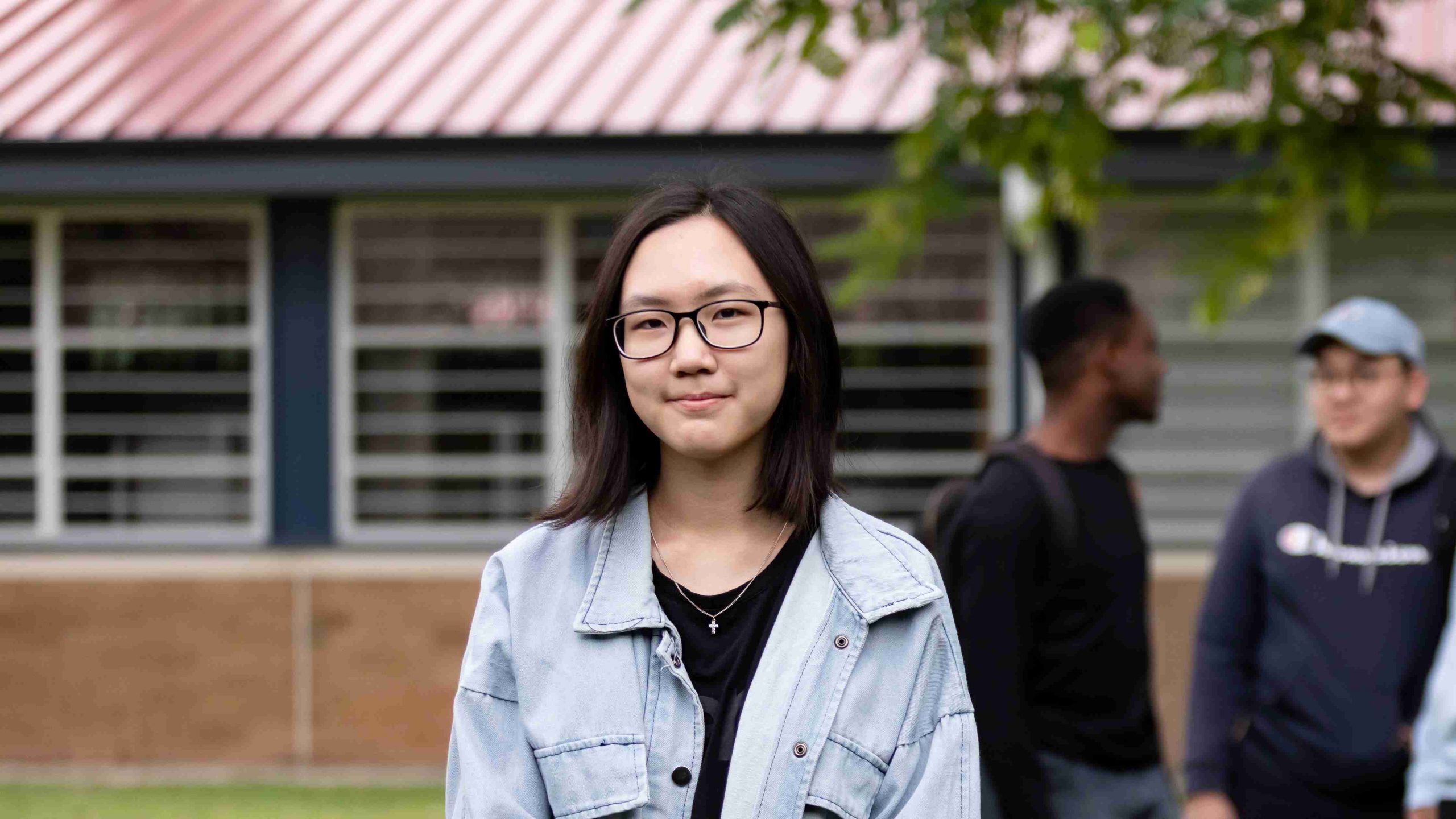
Alignment with the Australian syllabus prepares students for life after Canning
Naomi said that WAUFP aligns with the Australian syllabus and gives international students a taste of learning in an Australian classroom.
This knowledge has been hugely beneficial now that she has commenced her tertiary education.
For Garryl Kalonji, WAUFP has helped him improve his English language skills and has prepared him for the architecture degree he hopes to pursue when he finishes.
“I have learned and added new skills and knowledge which will be helpful for my future studies and career,” Garryl explained.
Garryl started WAUFP remotely from the Democratic Republic of the Congo. At first, he was anxious about studying online, given he would need to attend classes at odd hours due to the time difference.
“But I had the support of teachers and other staff members as they were taking time to help when needed,” he said.
This helped him feel confident that he could complete his studies despite the logistical challenges. Garryl has since travelled from Congo and joined Canning College on campus studies.
How to apply to WAUFP at Canning College
Students can start WAUFP in any of three intakes, which are in January, April and August. Students joining in April complete an accelerated program, which aligns with students who started in January.
April-start students generally need to be of above-average academic ability to cope with the heavier workload.
The Mid-Year (August) intake is completed in the middle of the following year.
Scholarships are available, based on academic merit.
To apply for the WAUFP at Canning College, students must have completed year 11 or equivalent and have English language skills at IELTS 5.5 level.
Moving on to university
After completing WAUFP, students receive a Combined Percentage Score, which can be directly compared to the Australian Tertiary Admissions Rank (ATAR), which is used for university entry.
Naomi wouldn’t hesitate to recommend WAUFP at Canning College to other international students. Her advice is simple: “don’t be afraid to step outside your comfort zone, because with every step you take you gain a bit of confidence.”
This was a particularly important element of her studies and has eased the transition into university.
Garryl’s view is similar. He has gone from being anxious about beginning WAUFP to “confident, comfortable, and ready to start University!”
